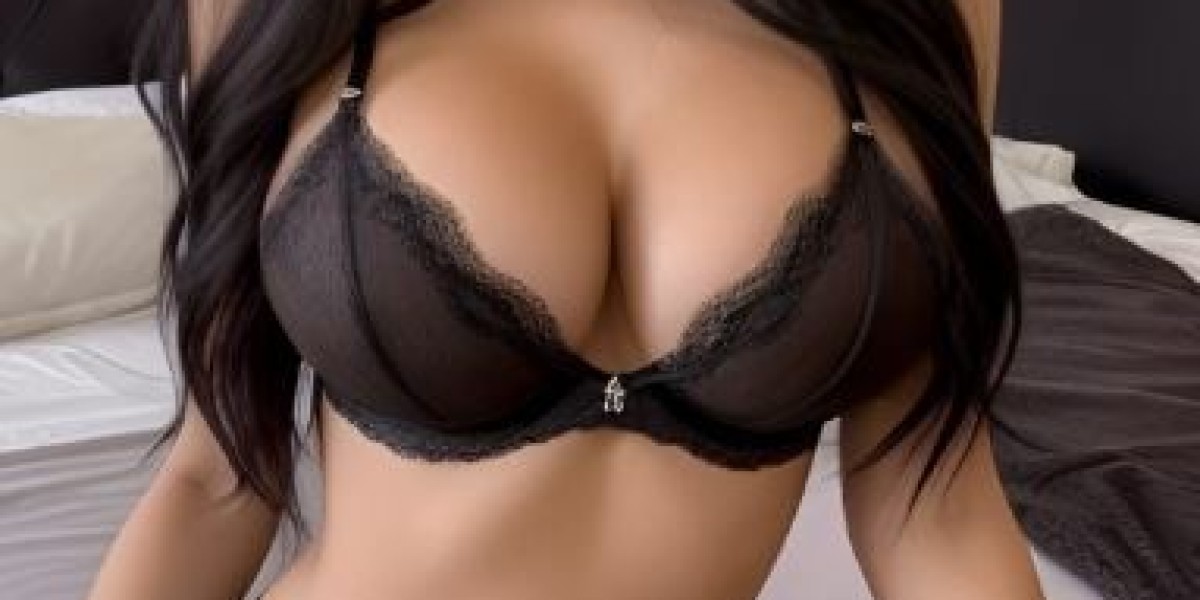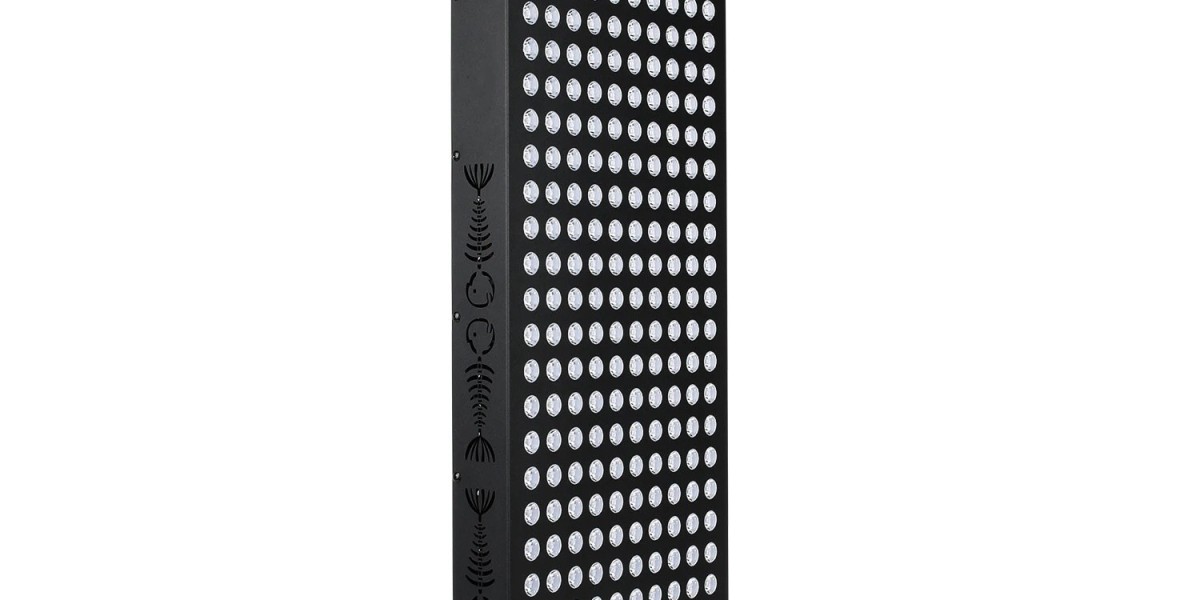The global alcoholic tea market is undergoing a significant transformation, driven by rising consumer demand for beverages that are both indulgent and health-conscious. As more individuals—especially millennials and Gen Z—prioritize wellness without compromising social enjoyment, low-calorie and functional alcoholic beverages like alcoholic tea are gaining mainstream popularity.
This shift in preference reflects a larger movement toward mindful drinking, where consumers actively seek out products that complement their healthy lifestyles. With its combination of familiar tea flavors and moderate alcohol content, alcoholic tea is becoming the go-to choice for people who want a refreshing, guilt-free drink that fits into their daily routines and social settings alike.
The Rise of Low-Calorie Alcoholic Alternatives
In recent years, calorie-conscious drinking has become more than a passing trend—it’s a lifestyle shift. Health-aware consumers are moving away from sugary cocktails, high-calorie beers, and heavy spirits in favor of lighter options that offer better balance.
Alcoholic tea fits perfectly into this demand. Many of these beverages are crafted with natural ingredients, brewed tea leaves, and minimal sweeteners, offering lower calorie counts while still delivering bold, satisfying flavor. For those who want to enjoy a drink without the bloat or the sugar crash, alcoholic tea offers an ideal solution.
This appeal is further enhanced by clear labeling, transparent ingredients, and the perception of tea as a naturally healthy beverage. Whether it's black, green, oolong, or herbal, the tea base contributes both flavor and a wellness-forward image that resonates with today’s consumer.
Functionality Meets Flavor
What sets alcoholic tea apart in a crowded beverage market is its dual appeal—flavor and function. Functional beverages are those that offer more than hydration or taste; they provide added benefits such as antioxidants, calming herbs, digestive aids, or even energy-boosting properties.
By using high-quality tea bases and infusing them with botanicals, herbs, and other functional ingredients, alcoholic tea brands are delivering a product that goes beyond the typical drinking experience. Popular functional additions include:
Adaptogens to help reduce stress
Vitamin blends for added energy
Herbal infusions like chamomile or ginger to aid digestion
Green tea and matcha for antioxidants and mental clarity
These functional benefits make alcoholic tea more than a leisure beverage—it becomes a lifestyle companion. Consumers are drawn to this added value, especially as they look to reduce alcohol consumption while still enjoying a social drink.
Convenience for the Wellness-Minded Consumer
The alcoholic tea market also benefits from the growing demand for convenience. Today’s consumers want everything to fit seamlessly into their fast-paced lives. Canned and bottled alcoholic teas provide a ready-to-drink solution that requires no mixing, preparation, or compromise.
This level of convenience, combined with wellness appeal, makes alcoholic tea a standout product in retail stores, cafés, and online platforms. Whether it’s an after-work wind-down, a weekend get-together, or a relaxing picnic in the park, alcoholic tea offers a consistent, enjoyable experience.
With attractive, minimalistic packaging and portable formats, these beverages are both practical and visually appealing—perfect for wellness-focused shoppers and social media-conscious consumers alike.
Eco-Friendly and Clean Label Choices
Consumers seeking low-calorie and functional options often care deeply about what goes into their drinks—and how those drinks are made. Sustainability, clean-label transparency, and ethical production practices are becoming essential criteria in beverage selection.
Many alcoholic tea brands are aligning with these values by emphasizing:
Organic and non-GMO ingredients
Minimal or natural sweeteners
No artificial flavors or preservatives
Eco-friendly packaging and recyclable materials
By delivering on these expectations, brands are positioning alcoholic tea not just as a trendy product, but as a responsible and sustainable choice in a competitive market.
Market Outlook: Continued Growth Ahead
With demand rising globally, the alcoholic tea market is expected to see continued growth across multiple regions. North America and Europe are seeing increased shelf presence in health food stores, supermarkets, and bars, while Asia-Pacific—where tea is already a cultural staple—shows strong potential for innovation in alcoholic tea blends.
The market is also expanding into niche segments, including:
Non-alcoholic or low-ABV versions for sober-curious consumers
Premium craft blends featuring rare teas and small-batch production
Hybrid beverages that blend tea with kombucha or sparkling water
As consumer interest in health, function, and flavor continues to shape the alcohol industry, alcoholic tea is well-positioned to lead the next wave of beverage innovation.
Conclusion
The alcoholic tea market is thriving because it meets the evolving needs of today’s consumers: low in calories, rich in flavor, and packed with functional benefits. As individuals continue to move toward mindful drinking and healthier lifestyles, alcoholic tea stands out as a beverage that offers balance, sophistication, and wellness—all in one.
For brands, retailers, and investors, now is the ideal time to engage with this fast-growing segment and tap into a consumer base that is both loyal and expanding.







